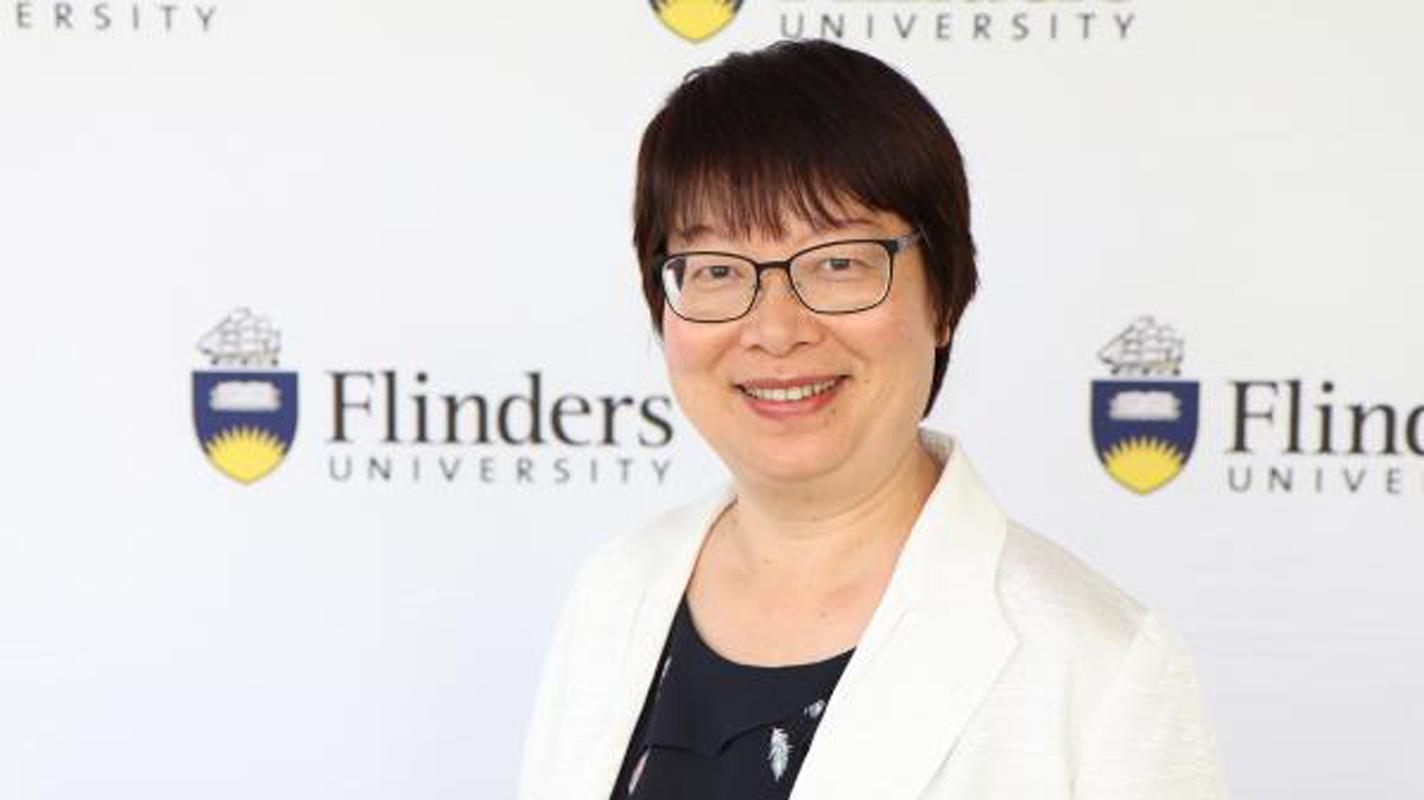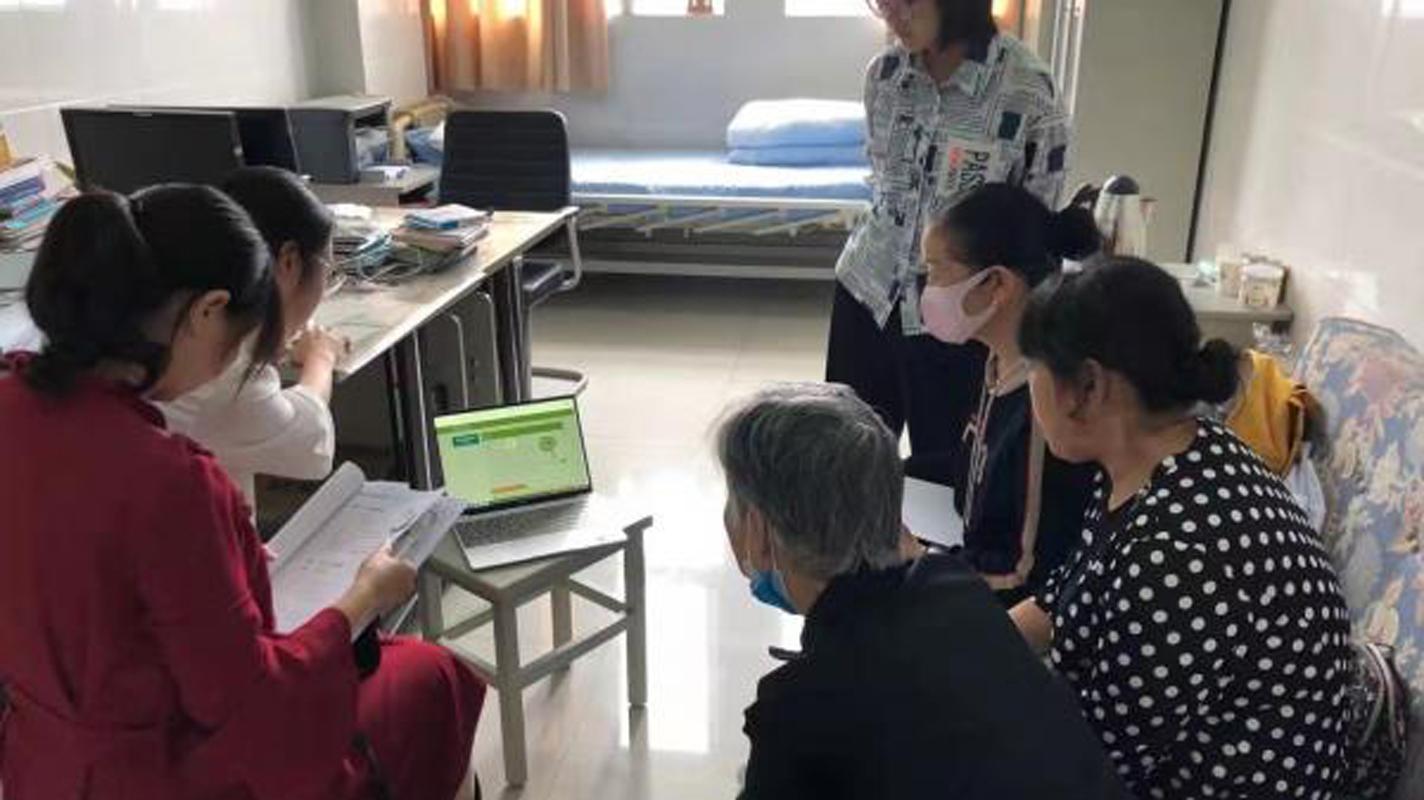Professor Lily Xiao is a world-leading expert on caring for people with dementia.
Her experience started at home when her grandmother was diagnosed with a dementia-related condition more than 20 years ago. She watched as her mother tried her best to provide care.
“She had no knowledge about dementia. She was already an older person herself,” recalls Professor Xiao. “She became very stressed, so they both moved into my house. I was working as a nurse so I had medical training.”
That period of her life had a profound impact.
“I often reflect on it and think if people like my mother had been prepared in how to care for someone with dementia, it would make a significant difference.”
The vast majority of people living with dementia are cared for by family members at home. In Australia alone, there are more than 200,000 so-called informal carers.
Professor Xiao is one of the driving forces behind a global program, known as iSupport for Dementia. Developed by the World Health Organization, iSupport is a free, online self-help tool for carers.
Easy-to-follow modules cover things such as how to prevent falls, prepare for more advanced stages of dementia, and cope with changed behaviour in someone you love.
“Sometimes it’s very scary for family carers,” says Professor Xiao. “They do need to be prepared for those kinds of challenges.”

Chinese version of iSupport
With funding from the National Foundation for Australia-China Relations, Professor Xiao is now modifying iSupport for Chinese communities.
Her team at Flinders University has collaborated with partners in China to develop specific versions of the program for five different regions: Australia, Mainland China, Taiwan, Hong Kong, and Macau.
Localised versions mean the information can be more relevant to those who need it. The content is available in both traditional and simplified Chinese, and was reviewed by informal and professional carers in each region.
“People in Australia, for example, said the Chinese translation is okay but we need to put some English words in for products which we get from pharmacies because Australian pharmacies only use English labels,” she says. “Even if the carer cannot speak English, they can write it down and show it to the people in the supermarket or the pharmacy.”
Jing*, in her late sixties, will be one of the first Australians to access the Chinese-language version of iSupport. Her 76-year-old husband was diagnosed with a form of dementia about three years ago.
“I want to learn some theory,” says Jing. “I haven't studied dementia care professionally, and I don't know what the right help is. I’ve just been trying to make him feel as comfortable as possible. But I don’t know if I’m doing it the right way.”
Jing hopes iSupport will help her deal with what she calls her husband’s “increasingly unpredictable” nature.
“There are times when he doesn’t listen. It’s easy to get annoyed,” she says. “I’m hoping to learn the right ways to deal with him, and the right things to say.”
Jing now gets little sleep and says she feels her own health deteriorating.
“It’s just very difficult for me,” Jing says. “I feel like everything is out of my hands.”

Dementia cases on the rise
Professor Xiao says the iSupport program is about giving carers such as Jing a sense of control.
“We need to show carers how to care for themselves as well,” she says. “We know it’s very difficult for them to leave the house, to leave the person with dementia behind. An online program would save them time and money.”
She believes it’s vital that support programs reach as many carers as possible.
“One of the challenges in an ageing society is the increased numbers of people living with dementia,” says Professor Xiao. “There are currently about 50 million people living with dementia globally, but we expect that number to triple in the next 30 years.”
A nine-month trial of the Chinese version of iSupport is about to commence with more than 200 carers across the five regions. It will then become publicly available.
Professor Xiao hopes the success of this version will open doors to more multilingual iSupport programs in Australia.

The National Foundation for Australia-China Relations is supporting iSupport for Dementia through its grants program.
The Foundation is dedicated to creating a national platform that engages government, business, and communities to support practical collaboration with China and engaging Australia’s diverse community in support of this.
*name has been changed for privacy.
